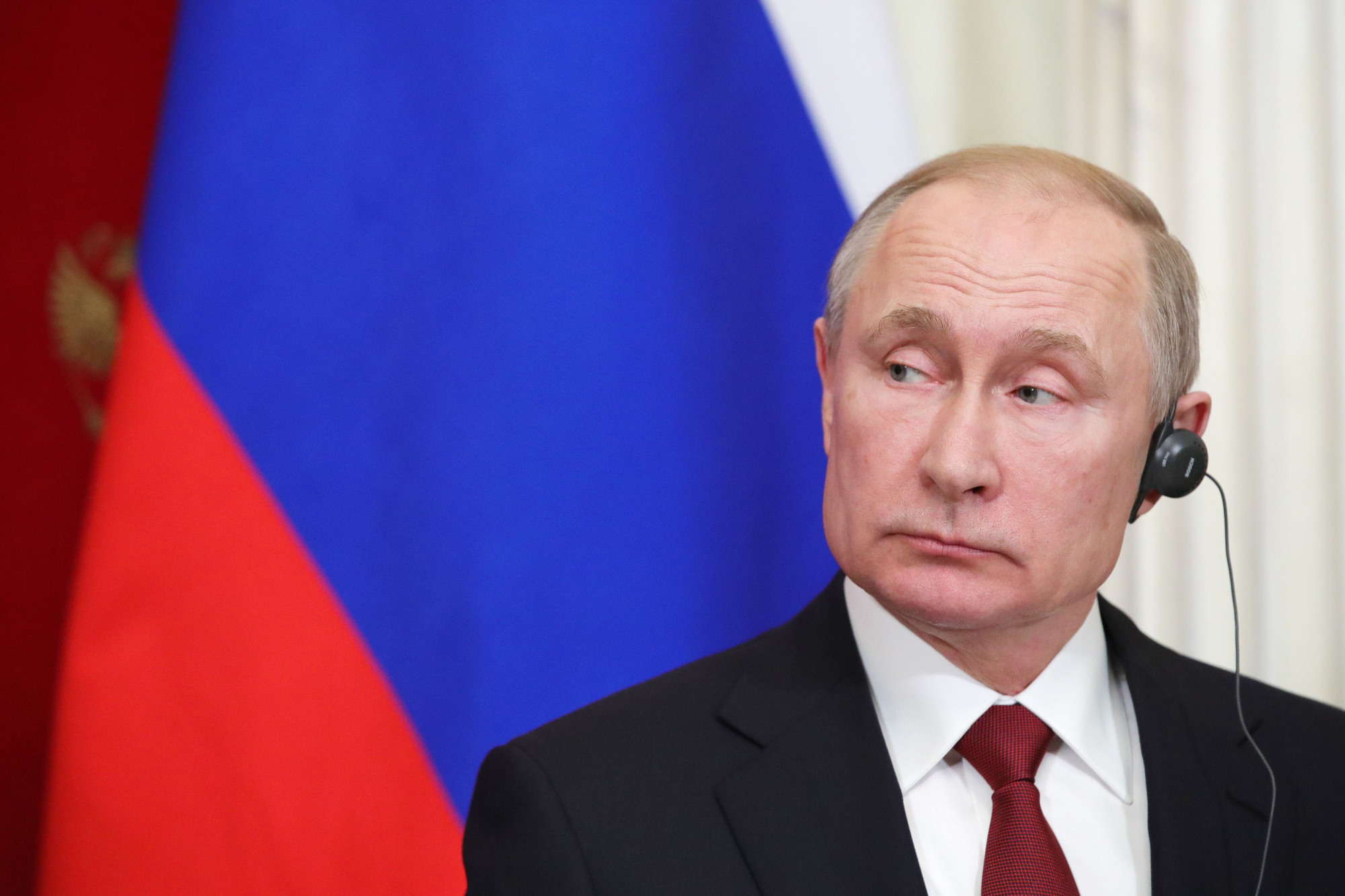New Year's Eve marked the 20th anniversary of the day that Vladimir Putin, then a relatively unknown former KGB agent who had become prime minister, was named Russia's president. For a short period, Putin was thought — or hoped — to be a modernizer, ready to continue Russia's reforms, both economic and political; he even worked with Washington in the aftermath of the Sept. 11, 2001, terrorist attacks on the United States. That moment quickly passed, however, and Putin became increasingly estranged from the West. That estrangement continues and is the defining feature of his rule.
Two decades in power have been marked by Putin's ruthless pursuit of two related ambitions: consolidating power (like all his predecessors), and the use of that power to reclaim Russia's rightful place on the world stage. Angela Stent Yergin, a leading scholar of Russia, succinctly explains that Putin aims "to relitigate the end of the Cold War and renegotiate its terms ... to get the West to treat Russia as if it were the Soviet Union."
That is a bold goal given his tools. Russia is a demographic mess, with a population forecast by the United Nations to decline 8 percent by 2020. Blame declining birth rates, grim mortality rates — male prison inmates in Russia have longer life expectancies than free men — and emigration.



















With your current subscription plan you can comment on stories. However, before writing your first comment, please create a display name in the Profile section of your subscriber account page.